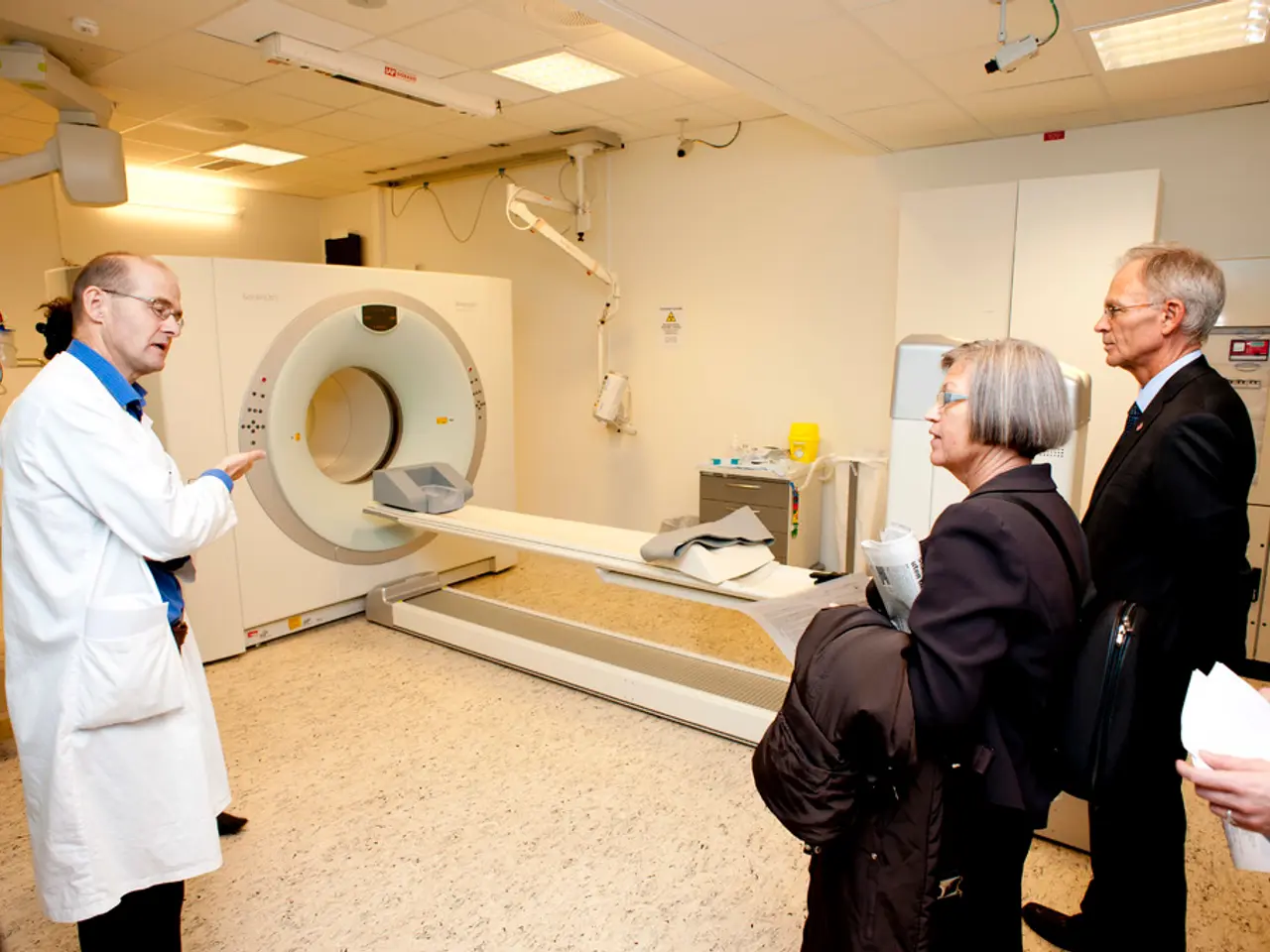Brussels plans to impose fresh taxes on tobacco products using euros
The European Union (EU) is set to significantly impact tobacco prices across its member states with the introduction of the revised Tobacco Taxation Directive and the new Tobacco Excise Duty Own Resource (TEDOR). These measures, aimed at reducing tobacco use and generating revenue for the EU, face political hurdles but are expected to lead to higher prices for a broad range of nicotine-containing products.
The revised Tobacco Taxation Directive seeks to increase minimum excise duty rates on tobacco products, ranging from 7.5% to 76.5% of the total tax burden. This directive now includes not only traditional tobacco products but also e-cigarette liquids, nicotine pouches, chewing and nasal tobacco, and raw tobacco. The expanded taxable product range is expected to lead to price increases for a wider variety of nicotine-containing products.
The introduction of TEDOR, a uniform 15% call rate applied to the quantities of manufactured tobacco and related products released for consumption, serves as an additional tax layer and creates an EU-level revenue stream independent from national contributions. TEDOR is expected to generate approximately €11.2 billion annually for the EU budget, which could indirectly contribute to price rises since producers and importers may pass the cost burden to consumers.
The combined effect of these measures will result in higher tobacco product prices throughout the EU, extending beyond traditional tobacco products to cover modern nicotine delivery products. This move aims to discourage tobacco use while providing a stable revenue source for the EU.
The "Europe's Beating Cancer Plan" underscores the importance of taxation in reducing tobacco use, particularly among young people. However, repeated delays in updating EU tobacco rules have raised questions about the influence of the tobacco industry on policymaking.
Despite growing support, reaching unanimity remains a major challenge, especially for revenue-generating measures like TEDOR, which also require approval by all member states in line with their national constitutional procedures. Countries such as Italy and Greece have already voiced opposition to any tax-driven price increases on tobacco products.
In March 2025, health ministers from 12 member states sent a letter to EU health Commissioner Olivér Várhelyi urging more decisive action on tobacco and novel nicotine products. The European Commission has introduced a renewed push to curb tobacco use through higher taxation, aiming to set a minimum excise duty on cigarettes and broaden the scope of the directive.
The EU also plans to expand the current electronic system used to monitor excise goods movement to include raw tobacco under its monitoring. The revision also targets raw tobacco, aiming to tighten controls on it to prevent diversion into illicit markets. Cross-border shopping of tobacco products will now be better tracked and accounted for.
These two proposals mark the first significant EU tobacco taxation legislation in years. The revised Tobacco Taxation Directive will adjust minimum excise duties for traditional tobacco products, which currently date back to 2010. The new rules will bring the EU's tobacco taxation system up to date, reflecting current market realities and promoting public health objectives.
The revised Tobacco Taxation Directive, extended to include modern nicotine delivery products like e-cigarette liquids and nicotine pouches, aims to raise prices across health-and-wellness products that contain nicotine. The European Commission's plan to expand the electronic system for monitoring excise goods movement to include raw tobacco is part of an initiative to curb unregulated health-and-wellness practices and promote science-backed public health objectives.




